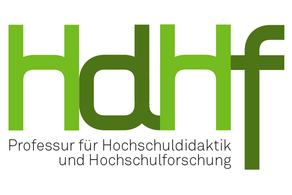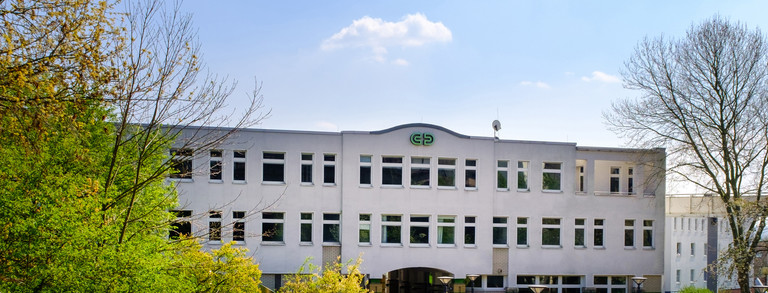Dr. Lena Weber
(Paderborn University, Germany)
Excellence Criteria and Gender Inequalities in the Entrepreneurial University
Talk in German language
For historical reasons, science is linked to masculinity and this led to the exclusion of women for a long time. The classical idea of innovative science was shaped by male scientists and their 'unbounded', science-only lifestyle. For some years now, the German science system – as in other European countries – has been undergoing an enormous process of change towards the new model of the "entrepreneurial university". Scientific excellence is being redefined and the link to gender constructions broken. On the one hand, the understanding of 'excellence' is increasingly based on measurable, objective and apparently 'gender-neutral' criteria such as publication rates, third-party funding, citation indices. On the other hand, in Germany there has been a linking of the discourse of excellence and the new steering policies with equality concepts, according to which the selection of the "best minds" can only be achieved with equal opportunities and family friendliness. The lecture will first of all examine how the connection between gender inequalities and processes of upheaval in science can be grasped theoretically and will then use empirical results from Germany, Great Britain and Sweden to examine the opportunities and risks of linking gender equality and steering policy of science.
Lena Weber studied social sciences, gender studies and sociology at the JLU Giessen, University of Bielefeld and Paris VII Denis-Diderot. In 2016 she will receive her doctorate in sociology at the Faculty of Cultural Studies at the University of Paderborn on "Die unternehmerische Universität. Chancen und Risiken von Gleichstellungspolitik in Deutschland, Großbritannien und Schweden". The book has been published by Beltz-Juventa Verlag. Since 2009 she has been a research assistant in sociology at the Faculty of Cultural Studies at the University of Paderborn. During her doctorate she was responsible for field research in England and Sweden (2012). Her current research focuses on the sociology of work and organisation, gender studies, qualitative social research, university and science research, and the digitalisation of the world of work.
Wednesday, 5 December 2018, 4.00–5.30 p.m. | Vogelpothsweg 78 (CDI building), room 114
Center for Higher Education (zhb)
Professorship of Higher Education





